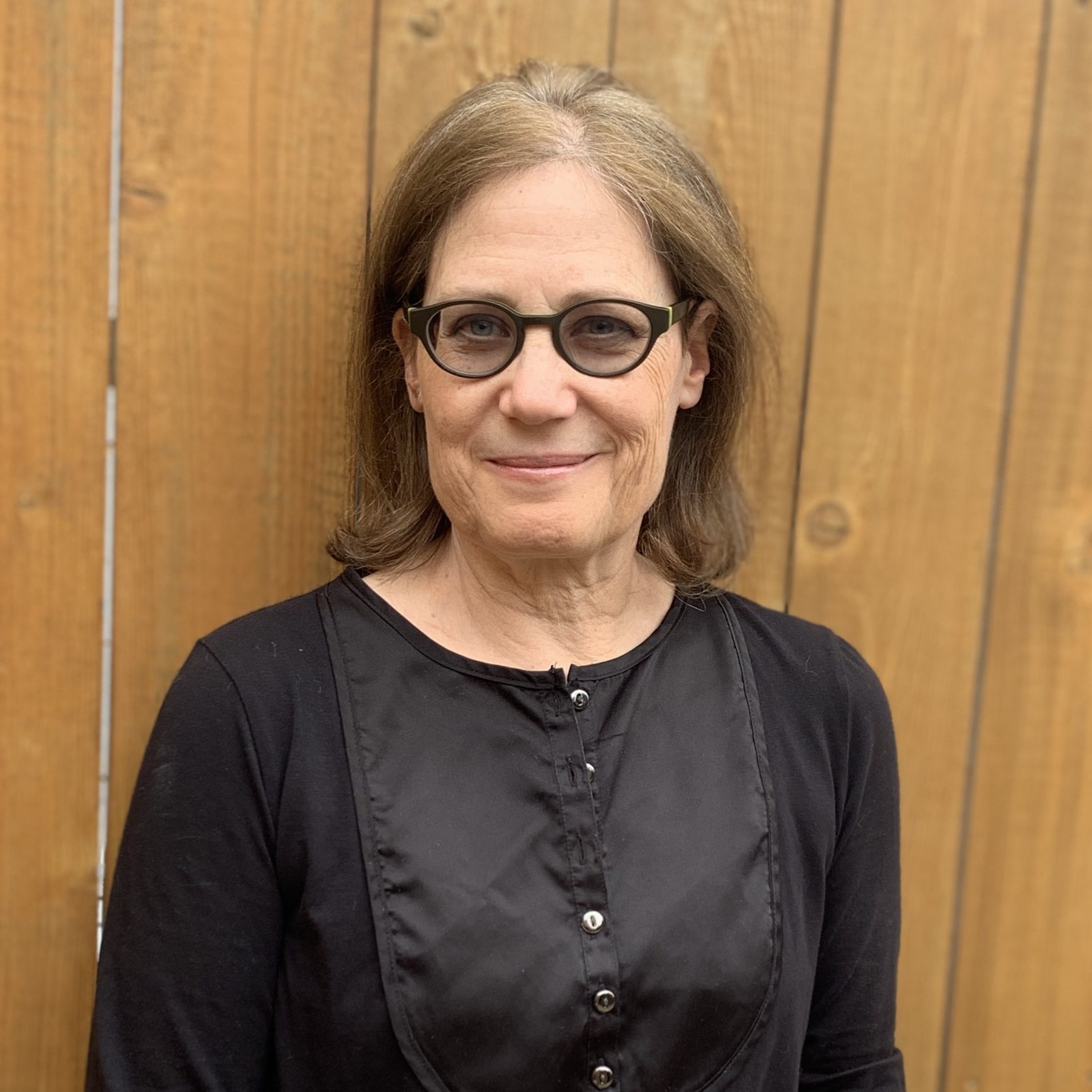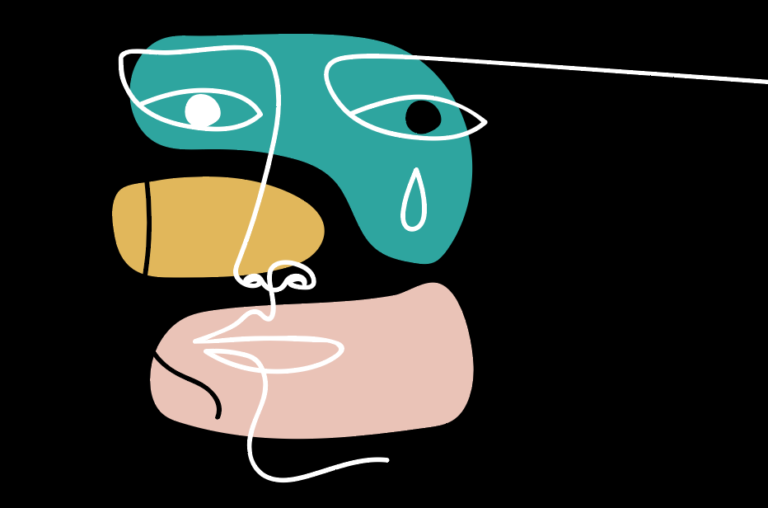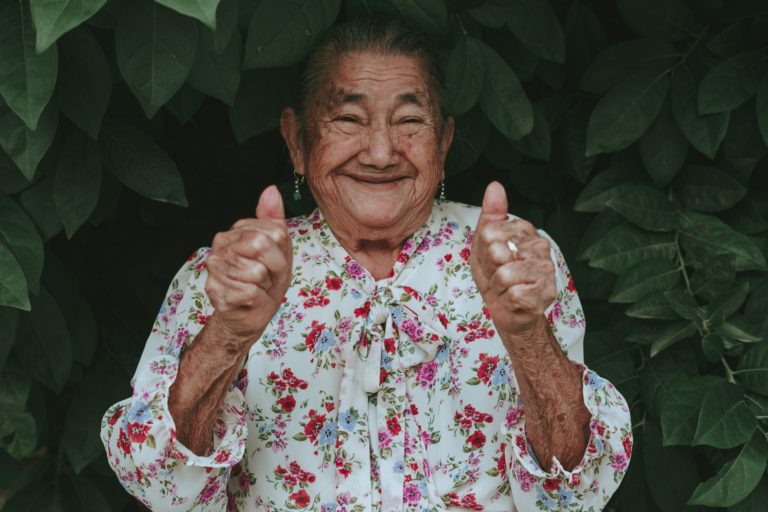
Ronit Rose is a freelance writer, based in Chicago. She has a special interest in health, healthcare and preventive medicine.
Specialists help seniors address mental health issues and find treatment
While many older adults experience depression, it is not a typical part of aging. Some seniors may battle feelings of hopelessness and helplessness, but that struggle shouldn’t be accepted as just something that happens as we get older.
However, due to the stigma that surrounds mental health, particularly among seniors, older adults may not get the help they need.
Depression is more than a short, simple period of sadness. The hopelessness, irritability, and difficulty sleeping that accompany depression can affect how older adults feel, think, and handle daily activities.
As many as 15% to 20% of community-dwelling older adults (those living outside of nursing homes) suffer from minor depression, according to the Centers for Disease Control and Prevention.
Widowhood, medical issues, or a major change such as long illness or retirement can spur depression or anxiety. Add in the effects of the pandemic — which has been far deadlier to older adults than to any other age group — and depression becomes magnified.
And the pandemic’s effects are not necessarily going away. Some older adults have deteriorated so much due to the isolation that they no longer have the same physical or cognitive skills to be as independent as they were before.
“The pandemic has absolutely made people isolated. And when you are isolated, obviously you are going to become more depressed,” says Jennifer Navarro, a social worker and director of memory care at Arboria of Long Grove.
Many have seen isolation hurt their loved ones. Roberta Gold, who asked that her name be changed for privacy, cares for her aunt, who lives in a senior community in downtown Chicago.
“[My aunt], who lives in independent living, definitely suffers from depression,” Gold says. “I believe her cognitive and memory issues are worsening during her confinement and social isolation because of Covid-19.”
While Gold works hard to keep her aunt engaged and counter isolation, she also makes sure that her aunt receives treatment for her depression through medication, psychotherapy, and physical and occupational therapy.
That treatment is important, because it is often difficult to address mental health issues with older adults.
Changing attitudes
Shellie Williams, MD, an associate professor of medicine and a geriatrician at the University of Chicago Medicine, has seen an increase in depression among her patients. She uses a two-question screening tool that asks patients if they are feeling down, sad, or depressed most of the time and if they’ve stopped doing activities they previously found pleasurable. A positive response to either of those questions warrants further investigation for depression.
Young adults who develop depression often enter therapy with a psychologist or a licensed clinical social worker. Older adults, however, may have grown up during an era of skepticism and shame about mental illness.
Getting this cohort into therapy can be more difficult, particularly in the Black community, Williams says. “It’s oftentimes considered taboo to admit to depression,” she says.
Williams sometimes needs to come up with creative ways to discuss depression with her patients, using terms like “hormone imbalance” and “feeling a little down,” so she can reach them and gently nudge them into treatment.
Navarro agrees. “Using the word ‘therapy’ isn’t a great thing to do with older adults because they don’t necessarily buy into it like the younger generation, which doesn’t necessarily look at it as a negative or sign of weakness,” she says.
At a minimum, Navarro says, it’s helpful to get seniors to a support group — such as a grief group or an early dementia group — where other people who have undergone similar hardships can relate to their difficulties. “They need to have a support network,” she says.
For people with Alzheimer’s disease, treatment for depression often involves a combination of medication, counseling, and reconnection to people and activities that bring happiness, according to the Alzheimer’s Association.
Older adults who are experiencing dementia or cognitive decline may not benefit from traditional talk therapy if they can’t retain what they’re talking about, says Christopher D’Agostino, DO, a geriatric psychiatrist and medical director of AMITA Health Alexian Brothers Behavioral Health Hospital.
In such cases, socialization and other therapeutic options such as music, art, drama, and pet therapy become even more important, Navarro says. Music — particularly music that a person relates to — stimulates many areas in the brain, she adds.
“Depression can sometimes present a little differently in the elderly, but we certainly see plenty of it.”
The brain and the body
Doctors need to have depression on their radar and to screen for it at regular appointments with older adults. Treatment for depression is important not only for emotional reasons, but also for physical well-being.
“Depression can sometimes present a little differently in the elderly, but we certainly see plenty of it,” D’Agostino says. Physical issues such as bladder infections, poor sleep, poor nutrition, weight loss, and even heart disease can cause symptoms that mimic depression, so it’s important to see a doctor to rule out other problems.
“With older adults, it is more complicated, because [they] have so many reasons why their function might deteriorate — so many medical reasons, so many neurological reasons, metabolic reasons,” D’Agostino says. “The older you are, the more your mind and body are connected.”
Mental and physical health go hand in hand in older adults, agrees Murali Rao, MD, professor and chair of the department of psychiatry and behavioral neurosciences at Loyola University Medical Center.
“Studies have shown that [with depression] the body is signaling that something is not going right in your body. It’s signaling something more important is likely to happen if you don’t take care,” such as stroke or heart attack, Rao says.
A study in the journal Circulation, shows that people with depression are more likely to have worse cardiovascular health than those without depression.
Some older adults experience vascular depression, when blood does not efficiently move through the body and get to the brain in sufficient amounts. Conditions such as high blood pressure, diabetes, and smoking, which restricts blood flow, can contribute to vascular depression.
“Smoking causes vascular disease in the brain, which predisposes people to depression,” D’Agostino explains. “It’s never too late to quit smoking. The sooner people quit smoking, the better their outcome.”
Some older adults drink too much alcohol, a tendency that may have worsened during the long, lonely hours of the pandemic. Alcohol can interrupt sleep and affect neurotransmitters in the brain, which can cause depression and anxiety, D’Agostino says.
Unfortunately, counseling people who are depressed to quit alcohol and smoking can be daunting. “If you make too many recommendations at once, you don’t get anywhere on any one of them,” Williams says. She chooses her recommendations carefully, knowing that treatment is a process that takes time.
Stimulating treatments
Treatments for depression might involve antidepressants, anti-anxiety medication, or even brain stimulation.
Ideally, a senior would see a geriatric psychiatrist to get a prescription for an antidepressant or anti-anxiety medication. This specialized psychiatrist would then monitor them and their medications going forward. However, it can be hard for people to access a geriatric psychiatrist. Fortunately, many primary care physicians and geriatricians are comfortable doing initial treatments for depression and prescribing antidepressants to their older patients.
Electroconvulsive therapy (ECT), a decades-old treatment that had a reputation of being punitive or extreme, has been improved and is still in use today in a more refined and safe manner. It can be effective in older adults whose severe depression has not responded to medication, according to the Mayo Clinic. ECT can help with other serious mental health disorders such as psychosis, severe mania, and agitation or aggression stemming from dementia.
While ECT seems like a drastic step, D’Agostino says that many of his older patients respond well. It can even have positive, albeit short-lived, physical outcomes for those with Parkinson’s disease, he says.
Newer, less-invasive methods of brain stimulation can also help people with depression. Transcranial magnetic stimulation (TMS) is a noninvasive procedure that delivers a series of brief magnetic pulses to stimulate nerve cells in the brain and improve depressive symptoms. “It’s become a third option in the psychiatrist’s toolbox,” Rao says.
In addition to helping with depression, TMS may help with mild cognitive impairment, which is common in older adults, Rao says. An analysis in the journal Neurobiology and Aging reviewed studies that showed TMS significantly improved memory functions in patients with mild cognitive impairment and Alzheimer’s disease.
Tips for good health
There is much that is within our control to help foster physical resiliency and good mental health as we age, writes Rao in his book, 50+ and Healthy, including nutrition, exercise, brain training, and spiritual life.
Rao suggests simple steps for good mental and physical health. It’s important for older adults to move their body and exercise — ideally outdoors — as well as to use their brain through work or activities. Stress management and good sleep help people maintain a positive attitude, says Rao, who notes that people with a positive attitude tend to live longer and be healthier than others. Older adults who cannot manage these changes on their own might need support from family members to stay active and engaged.
While depression is a common condition for older adults, it is not inevitable. Older adults and their caregivers need to push past any reluctance and reach out to a trusted physician, social services agency, or family member for help.
You cannot just snap out of depression. But with help and support, older adults can find a treatment that works to help their symptoms subside.
Support Resources for Seniors
If you or your loved one is depressed, start by reaching out to your family doctor or primary care physician for help. The resources below can steer you toward options for treatment or socialization.
Council for Jewish Elderly
CJE provides caregiver support, care management, meals, classes, and programming to help seniors of all religions and ethnicities stay healthy and independent.
cje.net
773-508-1000
Illinois Department on Aging
This state resource lists services based on your location and the type of service you need.
www2.illinois.gov/aging
800-252-8966
North Shore Senior Center
A tremendous resource for seniors on the North Shore, the center offers options including classes, caregiver support, and adult day services.
nssc.org
847-784-6000
Share Network
This federally funded program, based at the University of Chicago Medicine, brings healthcare resources to seniors on the South Side of Chicago.
sharenetworkchicago.org
773-702-9638






